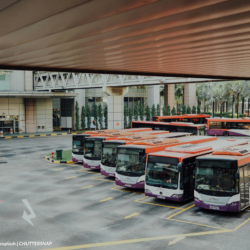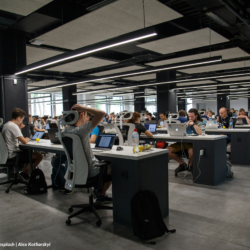Waiting Time: Compensable Working Hours or Not?
Waiting time spent by an employee shall be considered as working time if waiting is an integral part of his work or the employee is required or engaged by the employer to wait.
An employee who is required to remain on call in the employer’s premises or so close thereto that he cannot use the time effectively and gainfully for his own purpose shall be considered as working while on call. An employee who is not required to leave word at his home or with company officials where he may be reached is not working while on call. (Section 5, Rule I, Book III, Omnibus Rules Implementing the Labor Code)











